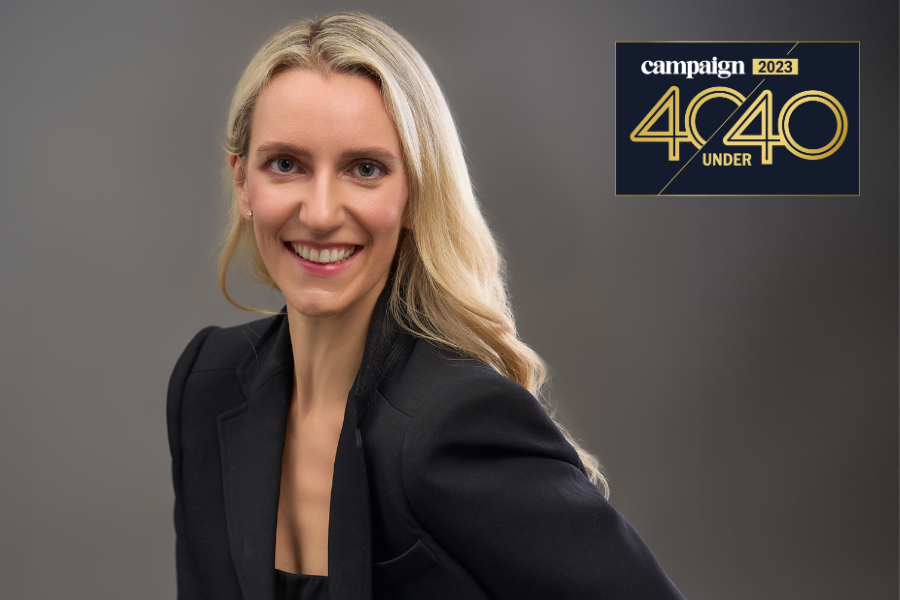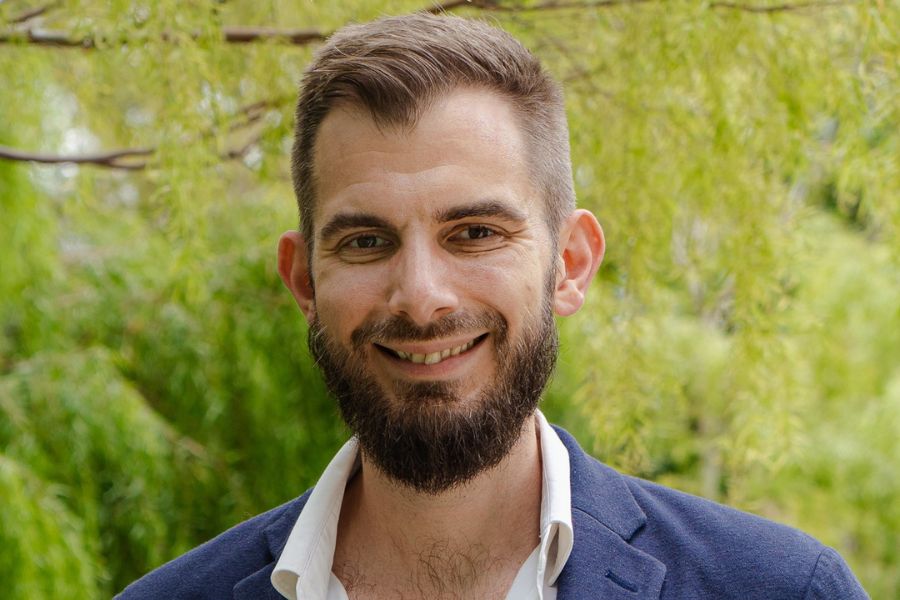Games rooms, free meals, massage parlours, nap pods – even concierge services to take care of your personal needs. In terms of work perks, it appears companies are increasingly offering everything but the kitchen sink in a bid to attract and retain top talent.
A 2017 study by recruitment specialists Glassdoor revealed that 57 per cent of job seekers count work perks among their top considerations before taking a new job. In which case, it’s no wonder more companies have increased their focus on benefits and perks.
The Google effect
The trend could be attributed to the Google effect. The tech giant has repeatedly topped polls as the world’s most attractive employer and has largely defined its workplace culture through the enticing perks it offers staff such as free meals made by a professional chef, unlimited snacks, workplace massages, yoga classes and even free haircuts on site. Start-ups, media organisations and tech companies have all followed suit, hoping that the same strategy will motivate employees to similar heights.
But do funky workspaces and unusual extras amount to proof that companies are working harder to keep their employees happy? Or do firms that offer them have ulterior motives for doing so?

Last year, Google’s Asia Pacific headquarters moved into a bigger office at Singapore’s Mapletree Business City II. The premises can accommodate up to 1,000 people and offers workplace perks on a par with its famed Silicon Valley home. Free breakfast and lunch are provided every day; staff get free, 24-hour gym access, even at the weekends; there are “relaxation rooms”, games rooms, massage rooms and even a rooftop garden.
Google knows it’s worth every dollar. “We work hard to tackle the workplace like our engineers tackle computer science – with data and a willingness to try new things and think outside the box,” says Patrick Cullen, director of facilities APAC, Google.
“Investing in Googlers drives business outcomes that we care about: innovation and retention. And we know that happier employees are more productive, and more likely to stay at Google.”
What staff wants
Jane Morgan, managing director of PR firm Golin in Hong Kong, agrees that creating the right workplace environment has a knock-on effect on productivity. “Marcomms is a creative industry; having spaces that allow you to step away, think and be inspired, is needed.”
In response to requests from staff, Morgan and her team have revamped their Hong Kong office in the past year, adding a playroom complete with a foosball table, a new television and an Xbox console. “I think it’s about making things easier and more enjoyable for employees rather than anything untoward,” says Morgan.
In a more radical move, the firm also introduced a benefits scheme called Golin Lifetime, partly a response to millennials’ known desire to work in a more flexible way. The programme offers home or remote working, a wellbeing allowance of HK$580 per month and, most significantly, unlimited holiday for all staff.
|
TOP MARCOMMS OFFICE PERKS IN APAC As part of Campaign's online survey on overwork, we asked the industry what their top 3 office perks were. Here are the results from 518 respondents  |
“It’s a major improvement over the old system because it gives us the freedom to decide how many days to take off each year. We also know that it exists as long as the clients are happy, so making sure we, as a team, deliver on results and nothing is affected by the policy, is key. I have not met any friends or peers outside of Golin that can enjoy unlimited holiday, and so it’s always an interesting conversation starter!” Says Erin Hung, digital manager at Golin Hong Kong.
“We’ve found that offering flexibility is most important,” says Morgan. “Here in Hong Kong and indeed Asia, our workforce is typically a younger demographic and as the work-life dynamic is different now, they appreciate the freedom to balance personal and work priorities in a way that’s best for them. As long as we are continuing to deliver quality work on time to our clients, then everyone is happy.”
Attracting younger staff is a key reason for the proliferation of such perks, believes Kumar Subramanian, partner at Aon Hewitt Southeast Asia. “Millennials, in our observation, pay as much attention to all the perks and benefits that a company offers and not merely just the salary and bonus,” says Subramanian. “As they are starting to become an increasing percentage of the workforce profile, companies are starting to make sure that they are able to enhance their total rewards package in a way that can appeal to them.”
The future is flexible
Aon Hewitt’s research has found that millennials increasingly think of work and life as integration rather than compartmentalisation. “Millennials tend not to view work in terms of a rigid set of hours, say 9-6 pm. They tend to take the view that from the moment they wake up to the moment they go to bed at night – all of that is work and life,” says Subramanian.
The need for greater flexibility in work is also partly due to globalization, believes Felicia Yeong, associate director, Asia Regional Health Consulting, Mercer. “Globalisation and technology are making the world smaller and they are shaping employees’ expectations of when and how they want to work and what is of most value to them,” says Yeong. “We asked employees in Asia for their predictions on how their workplace will evolve in the next few years and they told us that they expect more focus on flexibility in terms of when and where you work.”
Increasingly, it appears that some employees value flexible working arrangements so much that they are willing to trade a percentage of their salary for it.
“We work with Google and Facebook a lot in terms of defining their total rewards packages, and one of the things they do is ask their employees for a rewards preference,” says Subramanian.
“For example, they can give one dollar of remuneration in the form of base salary, or you can have flexible time off for a certain amount of hours which will be tantamount to a dollar of salary. Ultimately, they are enabling employees to structure their rewards package in a way that maximises value for them.”
In general, it seems that benefits like this are seen by both employers and staff as truly valuable initiatives, with perks for both sides.
Office traps?
However, Dr Stephen Choo, director and employee engagement expert for Korn Ferry Hay Group, believes that a contradiction does exist in some firms between what they purport to offer and what staff get out of it. Some companies that make investments in their premises and lay on workplace perks are essentially doing little more than making it more comfortable for their employees to stay in the office and work longer hours, he thinks.
“It’s interesting that they are encouraging employees to stay on the premises with things like free meals and relaxation areas, rather than giving them the flexibility to work from anywhere if they wanted to,” says Choo.
Indeed, encouraging a culture of overwork is one of the criticisms lodged at the new perks-focused model – even at Google.
“Ex-Google employees have spoken about all these perks and it may encourage them to stay in the office and work longer hours but not necessarily lead to more productivity,” says Choo. “This is opposed to employees who know that they have to finish their work within a set number of hours and they work very hard to do that.”
And while perks may be a powerful tool with which to get talent through the door, but are they as effective at retaining talent?
“I think the perks are used primarily as a branding exercise for companies to attract talent,” says Choo. “In that sense, these perks can sometimes be used in a cosmetic way or like a band-aid to plaster over other problems. However, what’s really important is to think about the culture because when employees join and discover that the company is highly bureaucratic, it doesn’t really matter if you have a slide in the office, it’s not going to make any difference.”
Given this, are there any non-traditional perks that truly hold value to the employee in the long-term?
“They don’t want bean bags, ping pong tables or apples on desks but things that matter to them,” says Professor Sir Cary L Cooper, CBE, author of the Handbook of Research on Work-Life Balance in Asia. “Perks decided by management without employee consultation are less effective because they tend to be cosmetic. The only benefits that really work are the ones employees want. For example, flexible working, in some case medical coverage, share ownership, in some cases unlimited holidays.”
Yeong thinks that perks have to be considered in context of the wider company culture. “Ultimately, it’s about the connection with the employer and whether they feel that the employer is supportive and has built a culture and environment that helps them thrive,” says Yeong. “There is not one single perk that will change anyone’s life and employers need to think holistically.”
Choo believes that it’s a long-term commitment to employee engagement that will result in the greatest success. “It’s short-sighted to think that offering these interesting perks is going to fix everything. You still have to do a lot of work to try and engage and retain your talent after they join you.”









